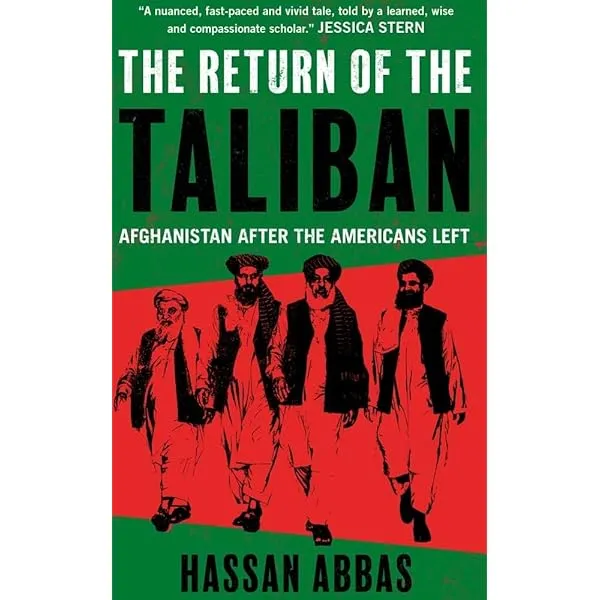Summary of the Book
The book, “The Return of the Taliban”, is a tale of how the Afghan Taliban returned to power in August 2021 with a particular emphasis on the events running up to the signing of Doha Agreement and the events that ensued the Doha deal. It is a story about the various challenges range from the challenge of crippling economy to the challenge of ISKP the Afghan Taliban are facing in the post-withdrawal phase. It is a fascinating account about the rivalries that have grappled the Afghan Taliban internally since long.
It is an instructive recital about “who is who” (ideologically) among the ranks and files of the Afghan Taliban.
Last but not the least, it is an enumeration of how the Taliban has evolved from what they used to be in their first stint of power in 1990s, especially in the context of their engagement with the outside world.
Strengths of the Book
There are few things that can be regarded as strengths of the book and that have made the said book quite unique in its own right. The first strength of “The Return of the Taliban” lies in the sources that have been consulted by the author. Well cognizant of the importance of sources in a non-fictional and scholarly work, Hassan Abbas has extensively consulted a wide range of primary sources including interviews of key officials from Afghanistan, Pakistan and the United States. These high-ranking officials include officers from the upper echelons of Pakistan army and ISI, Afghan Taliban officials, and the US diplomats. These individuals possessed first-hand knowledge of the ground realities about the subject matter of the book.
Another notable strength of the book is its ability to provide a balance account of the subjects that have been discussed in it.
In contrast to the common perception mostly popularized by those who have not read the book, that it is entirely negative about the Afghan Taliban, a careful reading of the book reveals that it presents a balanced account of the group. Indeed, on several occasions, the author has highlighted the dark side of the Afghan Taliban, however, in line with the principle “give credit where it is due” the author has also expressed appreciation for certain aspects of the Taliban on various occasions in the book. For instance, where the author has discussed the moral corruption of the former chief of the Afghan Taliban, Mullah Akhtar Mansour, on the other hand he has also acknowledged the moral integrity of Mullah Omar and the incumbent chief Mullah Hibatullah Akhundzada.
Weaknesses of the Book
Like any other book, “The Return of the Taliban” also exhibits few weaknesses which must be considered along with the strengths of it.
One notable weakness is related to the inclusion of several stories that cannot be corroborated or verified independently as these stories have been narrated from anonymous sources.
For instance, in the introduction of the book, Hassan claims that after the Doha peace deal, Afghan President Ashraf Ghani became quite conspiratorial in his thoughts. Hassan reveals that “Ghani was quite convinced that his political adversaries, including former president Hamid Karzai, Abdullah Abdullah, and Zalmay Khalilzad, were all colluding to orchestrate his removal from office and were facilitating the Taliban\’s seizure of Kabul, with Mullah Abdul Ghani Baradar as their supreme leader. To preempt their plan Ghani shared critical security information with rival Taliban leader Sirajuddin Haqqani, enabling his faction to enter Kabul ahead of the others.” Another weakness of the book is pertaining to the style in which it has been written. It sounds more like a journalistic book rather than an academic one.
Conclusion
Despite the weaknesses of the book discussed above, it provides a valuable insight into the post-withdrawal Afghanistan. Hassan Abbas’ “The Return of the Taliban” is indeed a significant addition to the existing corpus of knowledge on Afghanistan after the Taliban takeover. While acknowledging its limitations, the book is an important resource for anyone seeking a comprehensive understanding of Afghanistan under the rule of the Afghan Taliban.


Add a Comment